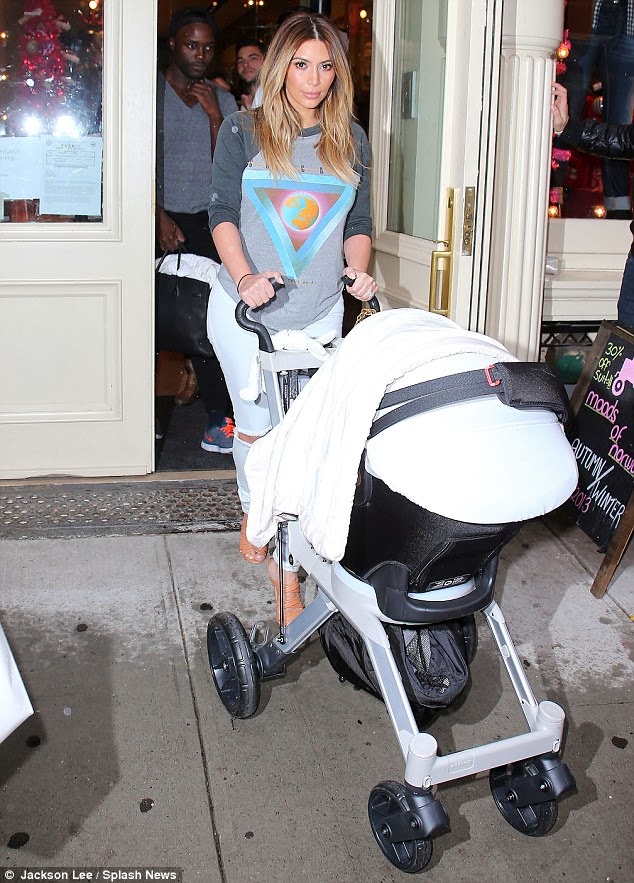The girls who trade their body for favours: 'Deep malaise' in society blamed for degradation of youngsters as young as 11
Shocking: For some young girls, sex is a currency - a new report has found (posed by a model)
Girls are trading sex in return for favours, status or protection, according to a shocking official inquiry.
Many offer their bodies in exchange for ‘goods’ such as alcohol or drugs or to pay off a debt, researchers found.
Others do it to gain what they think is respect among peers by being associated with popular or powerful individuals.
The survey of 500 people aged between 13 and 28 said the findings indicated a ‘deep malaise within society’.
Abuse is rarely reported by victims, some as young as 11, because they believe it is normal behaviour, largely because of the desensitising effect of hardcore porn.
Young witnesses also fail to report offences because they blame victims for ‘bringing harm on themselves’ owing to the way they dress or their previous sexual history.
Child protection organisations were criticised for ‘persistent failings that result in children falling through the net that is supposed to protect them’.
The details emerged in three reports from the Office of the Children’s Commissioner. The reports were primarily involved with sexual exploitation in gangs and groups, where some perpetrators are just 12 years old. However, deputy commissioner Sue Berelowitz said the problems were ‘more widespread’.
‘Our findings about the scale and nature of this form of sexual violence have left our panel members aghast,’ she added.
‘We have found shocking and profoundly distressing evidence of sexual assault, including rape, being carried out by young people against other children and other young people.
‘While we have published chilling evidence of this violence in gang-associated contexts, we know too that it is more widespread. This is a deep malaise within society from which we must not shirk.’ In addition to the 500 surveyed in depth, others took part in interviews and child protection organisations, police forces and other groups were questioned.
The currency in sex being used in playgrounds and the streets was most prevalent among gangs and groups of youths and the women who are in their sphere of influence.
Around 2,409 are known to have been abused in these circumstances and 16,500 were identified as being at risk.
Two-thirds of the young people who took part in the survey were aware of girls who had been pressurised or coerced into sexual activity. Half said the victim had submitted in return for ‘status or protection’.This left them at risk from other gangs, however. One young person told researchers: ‘She like used to sleep with just one gang... and this other gang they seen her on the bus, dragged her off...took her to someone’s house or whatever, made her [perform sex acts].’
Findings: Abuse is rarely reported by victims because they think it is normal behaviour due to the desensitising effect of pornography, the report claims (posed by model)
Two-fifths knew about rapes that had taken place and a third knew of instances where girls had been assaulted by more than one man.
Only one in 12 young victims would consider speaking to someone else about what had happened. If they did, it was generally a friend. One in 14 youths knew girls who had sex with several gang members to be accepted into their group. One said: ‘She had sex with every boy in a gang just to be part of their gang.’
Two in five gave examples of sex swapped for ‘tangible goods’ such as alcohol or drugs.
Some 46 per cent of young people thought victims ‘deserved it’ or ‘asked for it’. This was particularly true of young women who were sexually active with more than one person and were seen to have ‘less right to withhold consent’ – even though they were often pressured into having sex in the first place.
Miss Berelowitz said victims were effectively invisible because child protection agencies didn’t believe what youngsters told them, failed to recognise ‘patterns of exploitation’ they were unfamiliar with and didn’t share information with police and other children’s services.
Miss Berelowitz said that the ‘sheer levels of sadism’ uncovered by the inquiry had been shocking.
‘In terms of the child-on-child, the peer-on-peer – whether in a gang-involved situation or not – it’s the chilling inevitability of it that has been really deeply shocking. It’s part of the warp and weft of those young people’s lives.’
The reports come at the end of a two-year enquiry into child sex abuse. An earlier report, released last year, was criticised for failing to highlight the targeting of white girls by Pakistani men and other Asians.



Comments
Post a Comment